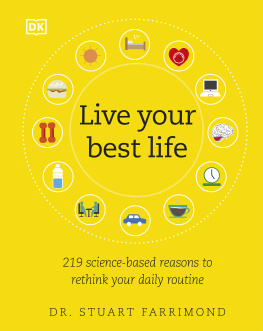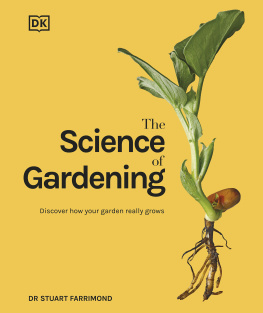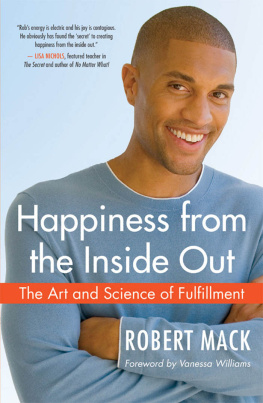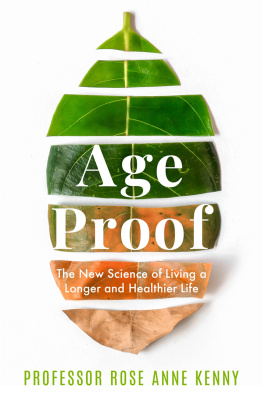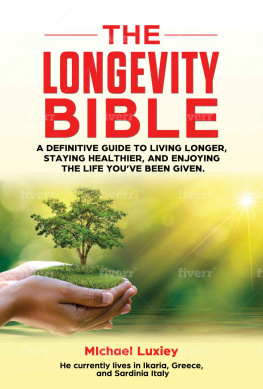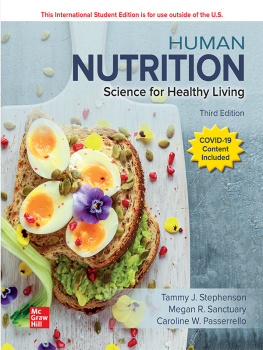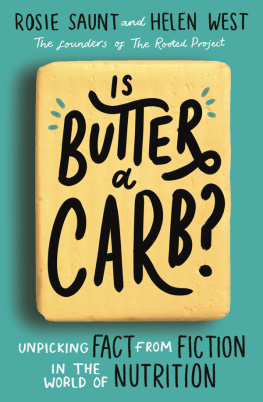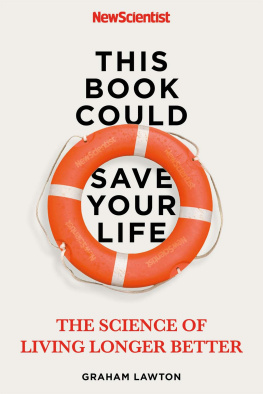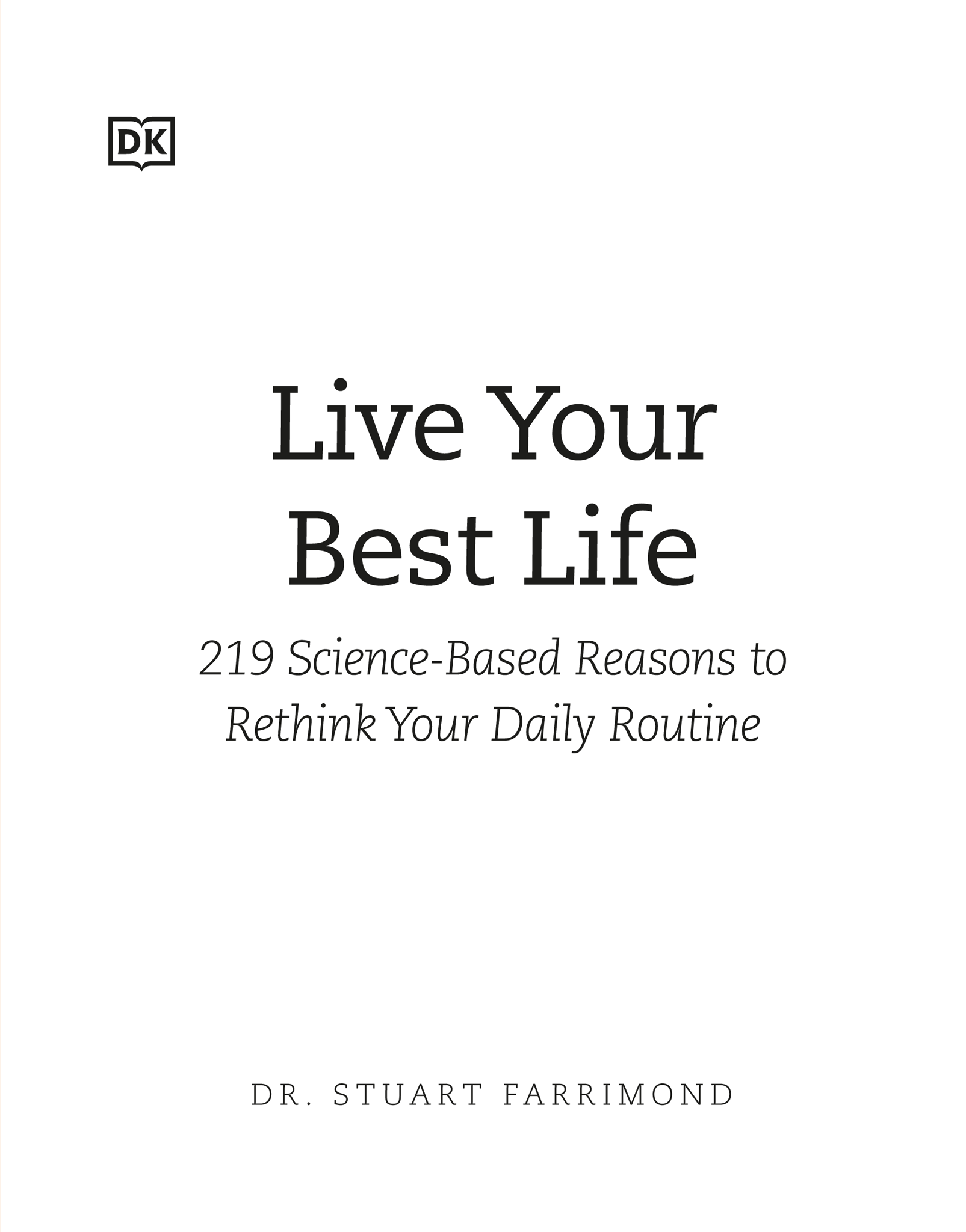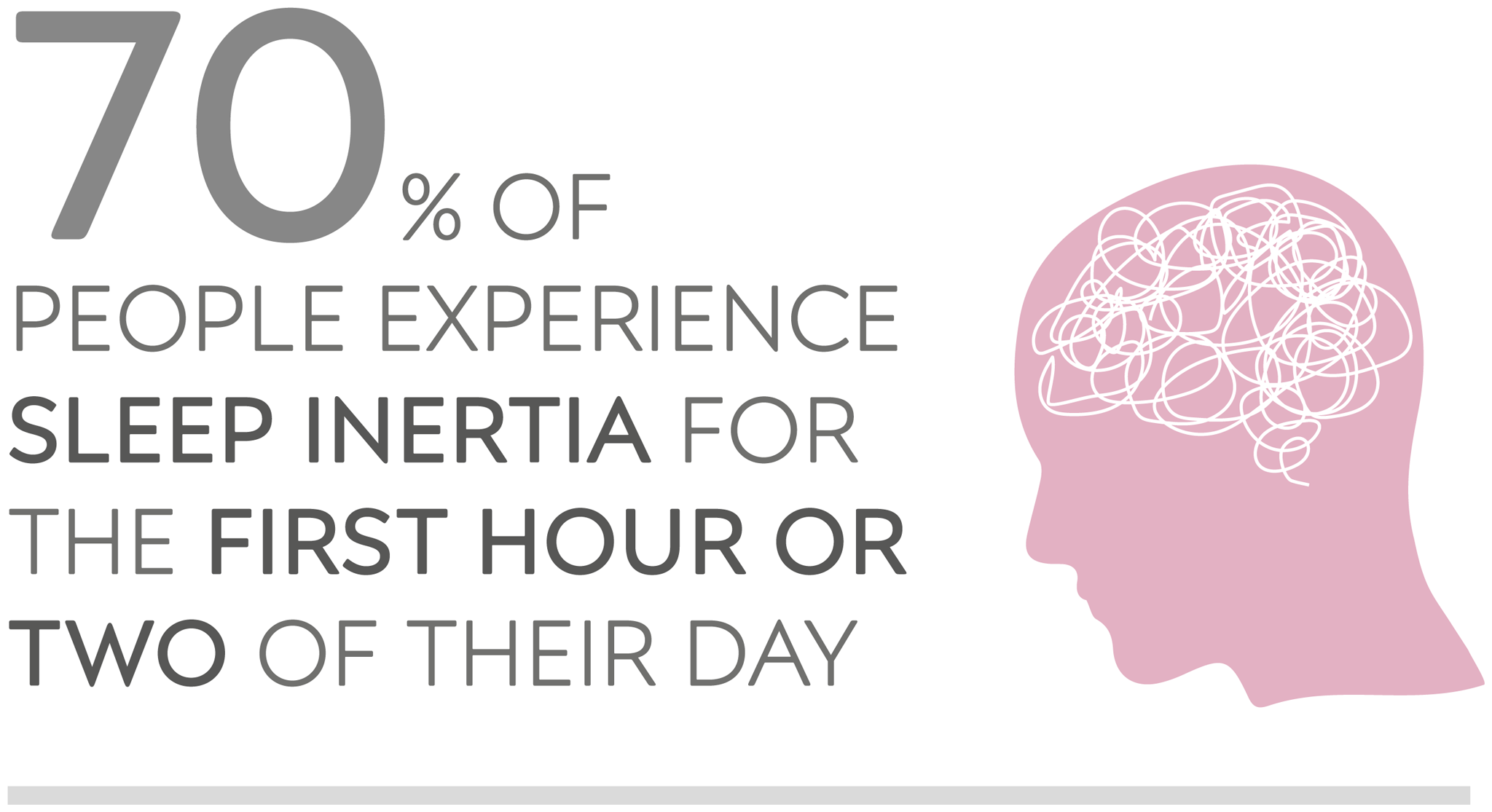g
Foreword
Science. If the word brings to mind dreary lessons, mumbo-jumbo jargon, and bookish bores who are no fun at a party, then this book is for you. All too often we think that science means distilling our world into dry numbers and equations. In reality, science gives richness, meaning, and depth to our daily lives. In seven years in medicine, not only did I learn the intricacies of the human body and the diseases that afflict it, but I was molded into the role of a doctor and taught to skillfully hide behind a cloak of jargon and science-speak. Only after stepping back from the profession did I discover how truly alienated we academic types can make others feel. Much of this highbrow babble does nothing but separate us from others. This book seeks to set the record straight and show that you do not need letters after your name to understand lifes little mysteries.
Every day brings with it countless questions. Not just the philosophical ones but also momentary wonderingsshould I drink a coffee first thing in the morning or wait awhile? Why are there so many bad drivers on the road? Why do I feel so sluggish after lunch? Newspaper columns and clickbait websites are filled with pithy answers to such questions. Many of these explanations leave us wanting. They may sound reasonable, but sometimes theyre misleading or just plain wrong.
Dozens of specialists and experts from around the world helped me craft this book, which represents the most up-to-date science and research that answers these questions. Rather than serve you up feel-good self-help fluff with every answer, I hope to explain the science in a way that everybody will understand and so be empowered to make better decisions.
I take you through a typical daymorning, afternoon, evening, and nightanswering those I wonder why? questions when they are most likely to crop up. Of course, not everything fits neatly into a time slot, and you may do things at different times; for example, some prefer to exercise at the crack of dawn, others in the evening. I hope this helps you navigate through your day. I have also tried to make the book relevant, regardless of your age, gender, race, creed, and culture.
Above all, this book is a celebration of life. It is the most precious thing we have. Life deserves to be filled with laughter, love, kindness, and passion. Yet it is desperately fragile. I think that we only really appreciate just how wonderful life is when we go face-to-face with the reality that ours will one day come to an end. It is only when we realize that our existence is but a grain of sand in the infinity of time that we learn to truly relish every day we have on planet Earth. The COVID-19 pandemic has brought this uncomfortable truth into sharp focus to all of us. During the writing of this book, I have endured surgery, radiotherapy, and chemotherapy for what has now become an aggressive brain cancer. It is with the steadfast love and support of family and friends that I have learned to love life. Writing this book has helped me live life to its fullest. I hope that in reading it, it helps you live yours to the fullest, too.
Stuart Farrimond
g
Nature really has no sense of manners. Starting before sunrise, birds tweet and warble at a volume loud enough to unsettle even the heaviest sleeper. Just like our feathered neighbors, we have a body clock that wakes us in the morning. At its command, our internal systems flutter into life and our brain steadily becomes primed to focus on the days business. You may not have the sparkle of a sparrow, but the same energizing hormones flood through your blood, enabling you to fly headlong into the new day.
g
Why Is Waking Up So Hard?
Many body systems, from the digestive tract to the thinking regions of your brain, rest as you sleep. Getting the motors running again can be like starting a car on a frosty morning.
When you sleep, your body cycles repeatedly through a natural rhythm of sleep stages. If you are lucky enough to wake during a good dream (during an REM stage), expect to wake energized. However, if you wake from deep, dreamless sleep (during a non-REM stage), you will probably feel groggy, starting the day with the mental vigor of a slug.
When you wake suddenly from deep sleep, rather than rising naturally (see ), the frontal thinking parts of your brain arent ready to spark into life; instead, they are straining to shift into normal thinking activities. This brain lag is called sleep inertia and has several effects: your reaction times are terrible, thinking and reasoning are muddy, and memory is at its worst. You will also suffer worse sleep inertia if youre sleep deprivedand sprightly morning larks arent immune to its effects, either.
Sleep inertia is common, but thankfully its temporary and lasts for only the first hour or two of the day. There are techniques (see ) that you can try to ease its effects.
effects of sleep inertia
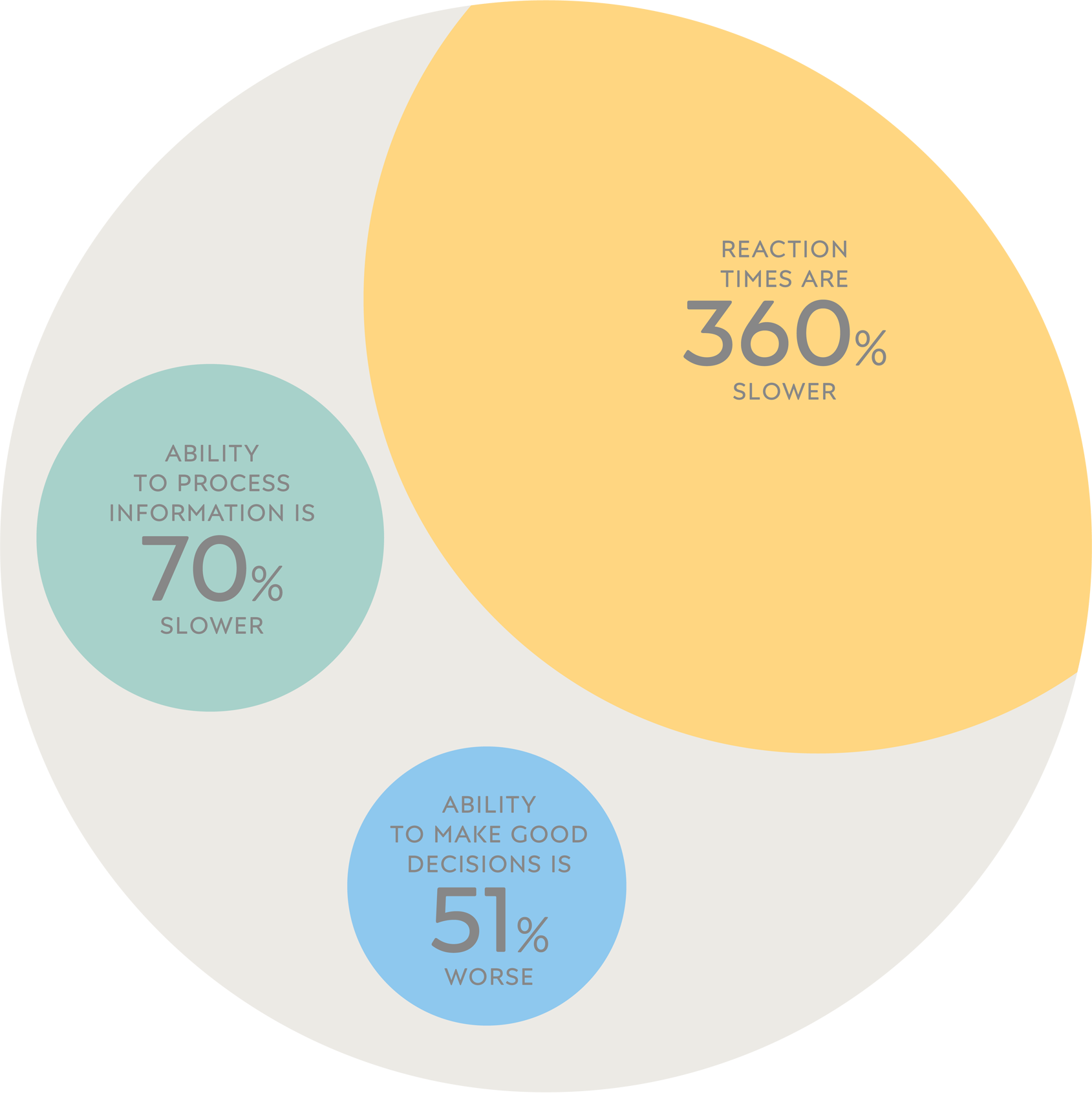
n Double-tap image to read the labels
slow start
People who are abruptly awoken and experience sleep inertia have lowered reaction times and decision-making abilities. In several studies, most cognitive functions were impaired immediately after waking.
Feeling groggy this morning?
Get out into daylight to kick-start your body clock and boost levels of wake-up hormones (see ).
Try stretching, yoga, and gentle exercise, such as a brisk walk or bike ridethese all increase your heart rate, improve blood flow to the parts of your brain that are still asleep, and boost your mood.
dont make big decisions because you wont make the best choices, even if you think youre clear-headed.
g
Why Do I Feel Low on Winter Mornings?
If a miserable mood seems to go hand in glove with short, chilly winter days, then you arent alone; many people are more sleepy and have less energy during wintertime.

